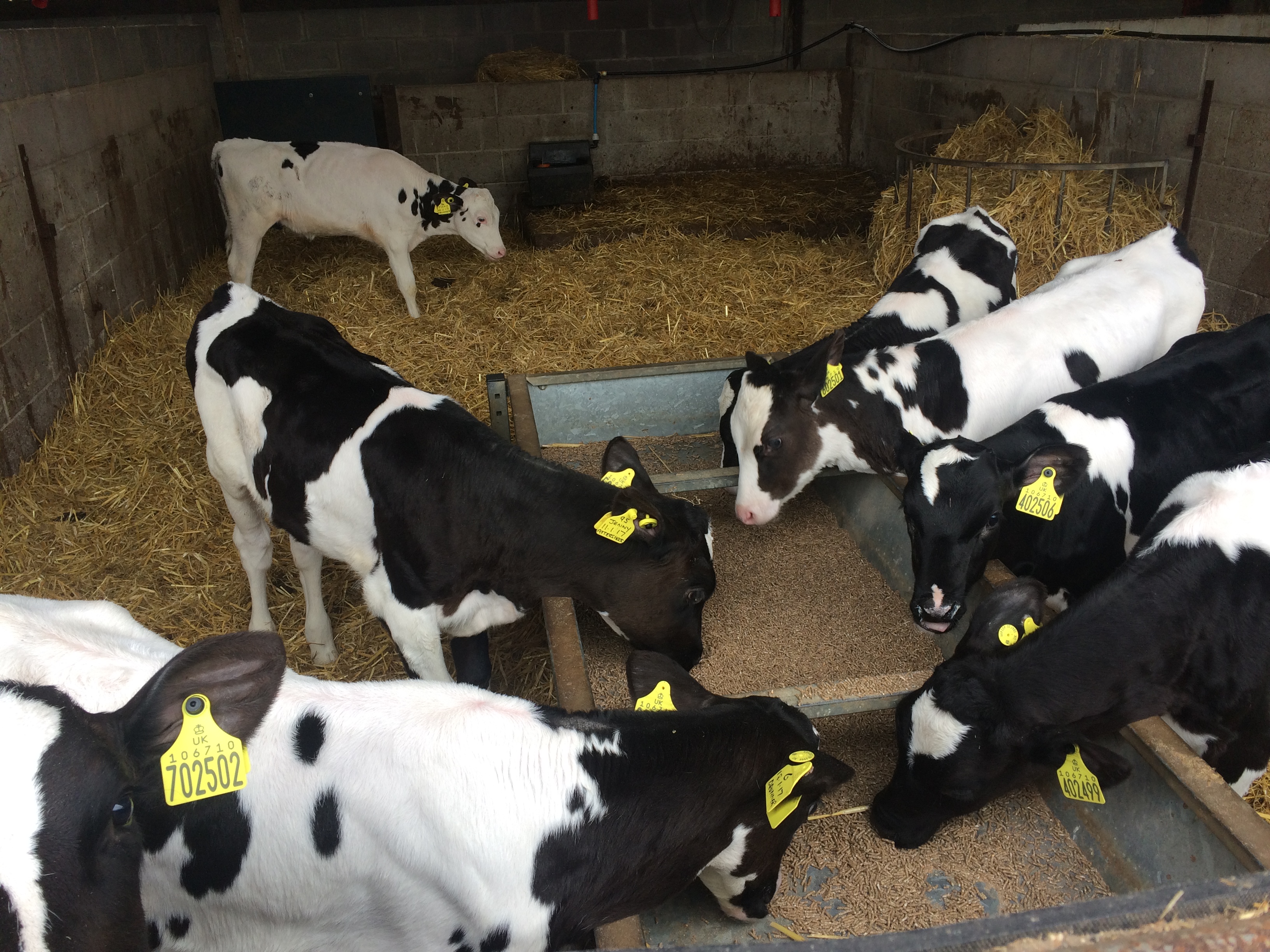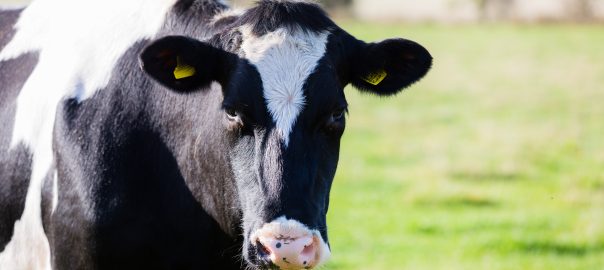Humans and animals share a deep relationship going back to early homo sapiens. With the exception of pets, in many cases we eat each other, but since humans have dominated the planet — normally we eat them. This has not been more the case than in livestock farming where animals are raised for food and are depended on for survival, not only for nutrition, but people’s livelihoods.
Many of the farms in the UK produce cattle and sheep for food. Endemic disease in livestock is a major global challenge, and could likely continue in future if something isn’t done to prevent livestock disease from growing and spreading in the first place.
While TB and foot and mouth catch the headlines, endemic diseases like Bovine Viral Diarrhoea (BVD) have been a major problem. 11% of BVD cases in Europe have been in the UK and the national cost has been estimated as high as £61m per year.
Whether livestock disease becomes a problem largely depends upon the practices of farmers and their advisers. Not all farming systems are the same and many of them have a history that goes back a long time. This means solving the problem of disease may not be solely down to applying the ‘right’ scientific or technological solution.
Instead they are complex, possibly rooted in individual and communal behaviours, which are not always easy to study let alone identify. A collaborative effort between multiple stakeholders to come to grips with the complexity surrounding endemic disease may be in order. More dialogue, interaction and greater discussion on understandings and practices for reducing the prevalence of disease has large potential to lead to more sustainable solutions.
The impacts of endemic disease on livestock are well known scientifically, but understanding farmer responses to this is less understood. This is why public policy in the UK is a major concern for how to stop diseases like BVD and lameness in sheep and cattle.
Despite moves toward eradicating endemic disease by government 90% of the national herd are still not registered with BVD Free, a nationwide scheme to stop BVD. Recent industry reports have pointed to a decrease in the prevalence of BVD in Britain but the case of why livestock still acquire and transmit the disease appears far from closed.
The complexity of these diseases makes them ideal candidates for investigations that seek to advance understandings and develop real-world solutions by integrating information, perspectives and concepts from across disciplines.
A research project funded by the Wellcome Trust led by King’s College London, Newcastle University and the universities of Edinburgh, Glasgow, Hull, and Leeds Trinity, aims to do just that by considering how the past influences the present in regards to endemic livestock disease.

Researchers aim to uncover how farmers’ knowledge over time affects their farming practices and therefore treating livestock disease. The project involves historians, social scientists, epidemiologists and economists.
Dr Amy Proctor at the Centre for Rural Economy is the Principal Investigator on the project from Newcastle University. As a social scientist with training in human geography, Dr Proctor’s research examines how farmers make decisions including the role of knowledge brokers. The research includes in-depth interviews and ethnographic approaches to understanding how farmers and their advisers exchange, communicate and interpret knowledge of endemic livestock disease.
The knowledge exchange networks between farmers and advisers is vast. Navigating through it is a major task for policymakers. Interdisciplinary research has the focus and breadth for tackling endemic livestock disease because it works with the people that shape farming, and is informed by multiple disciplines that capture physical evidence, values, attitudes, knowledge and worldviews. For example, farmers and agricultural advisers who work in the field are their own kinds of experts, an insight that may prove useful for getting to the bottom of endemic disease in livestock.
“A lot of on-farm or field-based experimental knowledge goes under the radar or isn’t viewed as having as much prestige as say ‘blue sky research’ from university, but actually in some ways it’s just as valid and interesting and can tell you a lot about why farmers do what they do”, says Dr Proctor.
Dr Proctor and her team aim to develop better understandings of farmers’ and experts’ attitudes to and preferences for livestock health and welfare, and use this as a foundation for building actual models or scenarios for informing policy.
Has this sort of approach been used elsewhere and does it really work? The project seeks to answer that question, but similar research on flooding did accomplish this, and was successful in using people’s ‘local expertise’ in addressing flood risk in the town of Pickering.
‘Hard science’ research tells us what is taking place in the physical or biological worlds, but sometimes we easily forget that it’s filtered, mediated and negotiated by human ones. Working with social science and humanities researchers sheds light on the processes that influence decision makers.
“Are there things we can change about the ways policy is made around endemic livestock disease or how messages are conveyed? Or how research is understood in this field? A lot of solutions exist but the problems remain. Our task is to help break that deadlock around them to reduce endemic livestock disease”.
Further reading:
- ‘Thinking forward through the past’ https://preview-kcl.cloud.contensis.com/artshums/depts/history/research/proj/Thinking-forward-through-the-past.aspx
- Phillipson J, Proctor A, Emery S, Lowe P. Performing Inter-Professional Expertise in Rural Advisory Networks. Land Use Policy2016, 54, 321-330.
brett.cherry@newcastle.ac.uk
